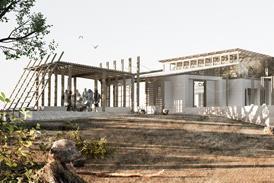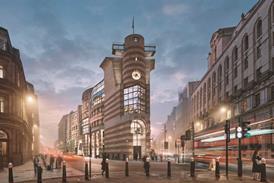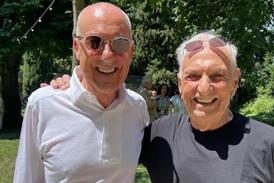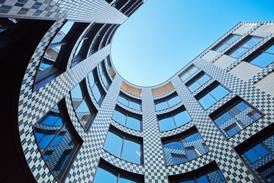- Home
- Intelligence for Architects
- Subscribe
- Jobs
- Events

2025 events calendar Explore now 
Keep up to date
Find out more
- Programmes
- CPD
- More from navigation items
Grenfell: External walls should have been checked in fire safety assessment, inquiry told

Fire consultant Barbara Lane contradicts earlier evidence given by expert witness Colin Todd
The external walls of Grenfell Tower should have been checked during a fire risk assessment, the Grenfell Inquiry has heard.
Arup fire consultant Barbara Lane contradicted an earlier expert witness, consultant Colin Todd, who told the inquiry he did not believe the tower’s external walls were in the scope of most routine fire assessments.
Former firefighter Carl Stokes, who carried out a risk assessment of the building for Kensington and Chelsea Tenant Management Organisation (KCTMO) prior to the fire which claimed 72 lives in June 2017, had not deemed the external walls or their cladding in scope of his checks.
…
This content is available to registered users | Already registered?Login here
You are not currently logged in.
To continue reading this story, sign up for free guest access
Existing Subscriber? LOGIN
REGISTER for free access on selected stories and sign up for email alerts. You get:
- Up to the minute architecture news from around the UK
- Breaking, daily and weekly e-newsletters
Subscribe to Building Design and you will benefit from:

- Unlimited news
- Reviews of the latest buildings from all corners of the world
- Technical studies
- Full access to all our online archives
- PLUS you will receive a digital copy of WA100 worth over £45
Subscribe now for unlimited access.






